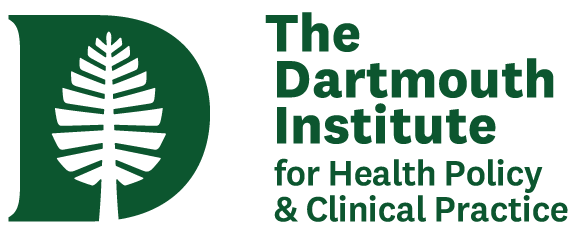VISION
We envision a world where:
- Public health and medical care delivery systems collaborate to promote and protect the health and well-being of every human being so that each individual can reach their full potential.
- Unjust variation in health, health care, and the drivers of health are eliminated.
- Public health services and medical care delivery are co-produced by the teams that provide services and the people they serve.
MISSION
Our mission is to improve public health, reduce disparities, and create high-performing health systems through local, national and global partnerships, meaningful community engagement, high quality education, impactful research, and action on diversity, equity, and inclusion.
VALUES
Dartmouth’s MPH and MS programs:
- Invites and supports vigorous and open debate of ideas across all our interactions marked by mutual respect, listening, patience, tolerance, and humility.
- Promotes a sense of responsibility to humbly serve each other, communities, and the broader world.
- Encourages openness to co-production and change and creates space for continuous personal and professional growth and improvement, and resilience.
- Integrates diversity, inclusion, equity, belonging, and justice through our curriculum, classroom, service, and scholarly activities.
- Expects and supports academic excellence and independence of thought within a culture of collaboration.

